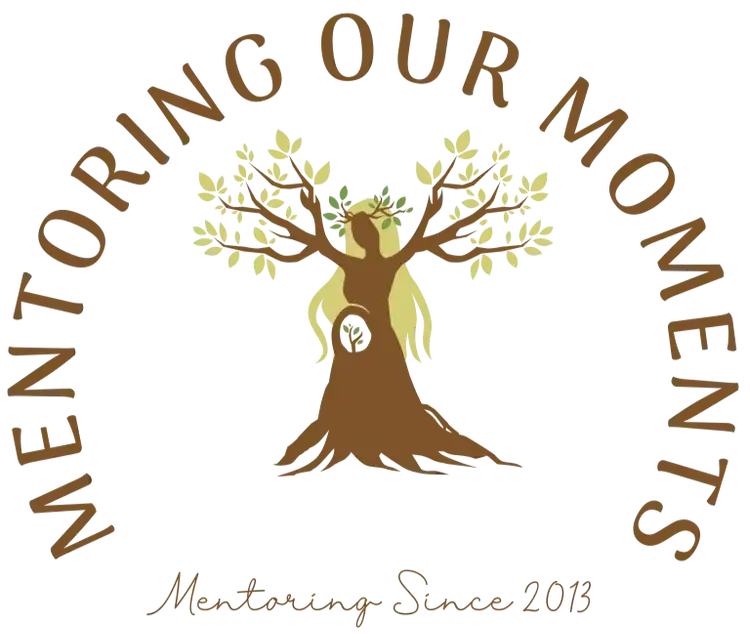Nurse Burnout: When Enthusiasm Fades and Challenges Take Over
Did you start out as an enthusiastic, happy nurse; gung ho about making a difference in the world one patient at a time only to find out that not everyone wants that?
You may have experienced a burnout, or at least symptoms leading to burnout.
Many nurses experience this emotional rollercoaster, especially since the pandemic! This study found that almost 40% of healthcare workers had symptoms of emotional exhaustion-specifically, more in nurses.
In this blog post, we will delve into nurse burnout, explore pertinent statistics, and share a personal story that highlights the challenges faced by healthcare professionals.
Understanding Nurse Burnout:
Nurse burnout is a pervasive issue in the healthcare industry, affecting both new and experienced nurses alike. Some recent statistics even say that over 50% of nurses report experiencing symptoms of burnout during their careers. Long hours, emotionally draining situations, and the pressures of meeting patient demands can take a toll on even the most dedicated healthcare providers.
The Passionate Beginning:
Over a decade ago, my healthcare journey began with a dream to become a lactation nurse. Enthusiastically starting as a medical assistant, I worked diligently to excel in my career. Nursing school brought some challenges, but my passion remained. Alongside studies, I immersed myself in mentoring programs at the schools I attended, dedicating countless hours to honing my skills and knowledge.
Facing Unexpected Hurdles:
After graduation, things were great! I quickly joined the lactation team and began teaching classes for lactation and newborn and postpartum assessment. My dream was to initiate a breastfeeding support group for women at my organization. I had so many people on board, except…the unit director. Unfortunately, this idea was not supported due to budget constraints. Nonetheless, I continued my education, obtaining a master’s degree and teaching classes for her unit.
Then, I suffered a rotator cuff injury. Unbeknownst to me, I would need to be on light duty OFF my unit. I guess there was a technicality there where my current job description was to be able to lift up to 30 pounds.
Needless to say, I was distraught and significantly discouraged. I felt as if I was being ripped away from my passion-and even worse, I had to switch to a 9 to 5 desk job. I found love in it, though. I was able to help Quality Management and Regulatory Compliance and learn a different side of things. When the pandemic hit, I had other opportunities including the ability to work from home and use my passion, education, and skills as a clinic manager when we were all being pulled during the surges; leading me to accept a full time position assisting Quality Management.
But the passion, eagerness, and enthusiasm soon began to fade.
The Struggle with Burnout:
I tried making lemonade with those lemons, but amidst my achievements, life was taking a toll. I still felt pain from my injury and the frustration and disappointment began to accumulate. I had been working long hours during the pandemic and for months, I felt like I was hardly home, and when I was home, I was exhausted. That same year, I went through some struggles at home when me and my children’s father separated. Part of me blamed work and the pandemic (spoiler alert: it was a lot more than that). But I couldn’t help but blame the changes in work hours and the hype of the pandemic. With ongoing court battles and facing more significant changes at work, I began feeling emotionally exhausted.
Navigating Through Burnout:
Nurse burnout is a significant concern, and recognizing its signs is crucial for addressing it effectively. Symptoms may include emotional exhaustion, reduced sense of accomplishment, and feelings of cynicism or detachment from work. It is essential for nurses to seek support, both within their healthcare organizations and from external resources. One invaluable lesson I’ve come to embrace is the power of seeking support. As I began opening up about my challenges and sharing my experiences, I witnessed a transformative shift over time. The profound realization that I wasn’t alone in my journey served as a beacon of strength. This newfound connection allowed me to establish meaningful goals, igniting a resurgence of that passion and spark that had once fueled me.
Conclusion:
Nurse burnout is a reality that many healthcare professionals face, impacting their well-being and patient care. This journey highlights the challenges nurses encounter in their careers and how unaddressed hurdles can lead to burnout. By acknowledging and addressing nurse burnout, healthcare organizations can create a supportive environment that fosters the well-being of their dedicated nursing staff. Remember, caring for those who care for others is vital to maintaining a thriving healthcare system. Let us work together to combat nurse burnout and create a healthier future for our nurses and patients alike.
